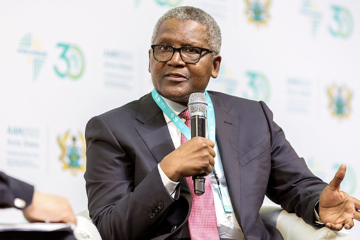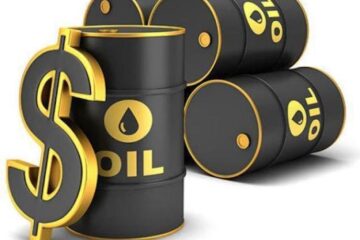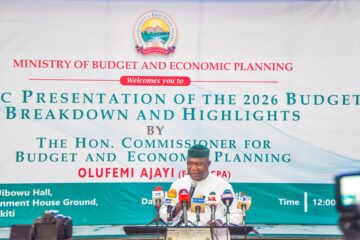Nigeria’s fiscal, debt pressures will increase if petrol subsidy isn’t removed – World Bank

World Bank
The World Bank has said Nigeria’s fiscal and debt pressures will increase if petrol subsidy is not phased out in June 2023.
In its recently released report titled ‘Macro Poverty Outlook for Nigeria : April 2023’, the Bretton Woods institution said oil price booms previously supported the Nigerian economy but the situation has changed since 2021.
Budgeting N3.35 trillion for the first half of 2023, the federal government had said it would end petrol susbsidy payments by June.
The government also said it would disburse the sum of $800 million secured from the World Bank, to poor Nigerians as part of its plans to mitigate the effects of subsidy removal on the most vulnerable population in the country.
In the report, the World Bank said macroeconomic stability has weakened amidst declining oil production, costly fuel subsidies, exchange rate distortions, and monetisation of the fiscal deficit.
The bank said the deteriorating economic environment has further pushed millions of Nigerians in poverty.
“With Nigeria’s population growth continuing to outpace poverty reduction and persistent high inflation mtaton, the number of Nigerians living below the national poverty line will rise by 13 million between between 2019 and 2025 in the baseline projection.
“Fiscal and external pressures are expected to persist due to rising global and domestic interest rates and low oil revenues resulting from the moderation in oil prices and inability to significantly increase oil production.
“In the absence of significant FX management reforms, international reserves are projected to remain stagnant.
“Meanwhile, non-oil revenues will not increase as a share of GDP without significant tax revenue reforms. As a result, the fiscal deficit will remain above 5.0 percent of GDP in 2023-2025.
“Downside risks to Nigeria’s outlook have intensified, with most of the risks coming from domestic policies, continued low oil production, and heightened scarcity of foreign exchange and local currency.
“Fiscal and debt pressures will increase if the petrol subsidy is not phased out in June 2023, as envisaged in the 2023 Budget,” the report reads.
Offering solutions to strengthen the country’s economy, the World Bank advised the government to restore macroeconomic stability by intensifying efforts towards exchange rate unification as well as reducing inflation.
“The authorities can strengthen the economy by restoring macroeconomic stability through reforms to (i) increase oil and non-oil revenues, (ii) tighten monetary policies to reduce inflation, and (iii) unify the multiple FX windows and adopt a single, market- responsive exchange rate,” the World Bank said.
“Increased insecurity as well as adverse climate change effects could further dampen the economic outlook for Nigeria.”











